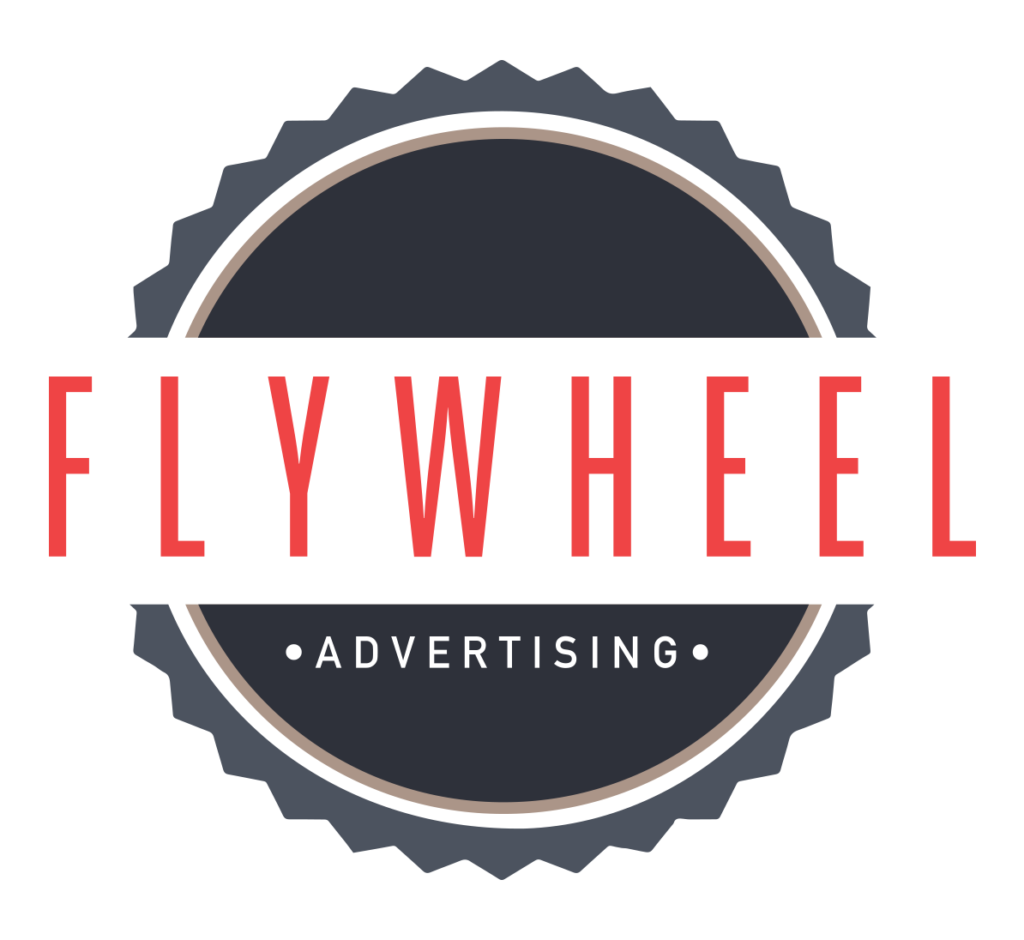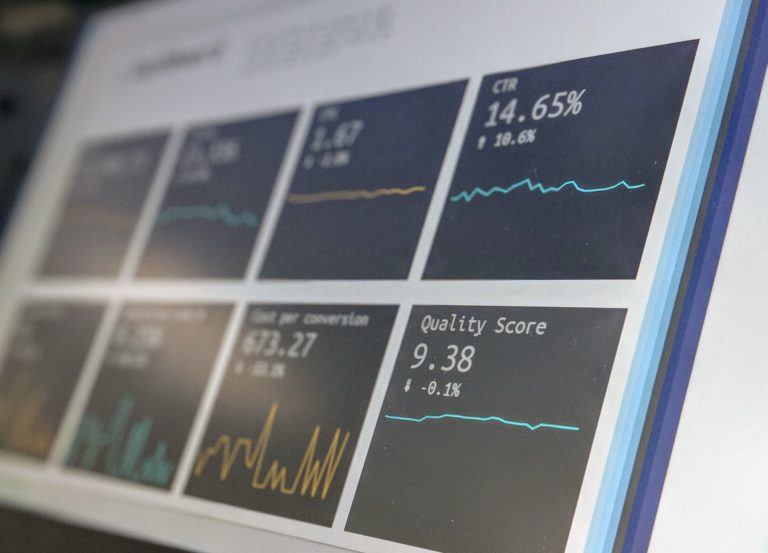Why should I pay for Google traffic, if I already have plenty of organic?
Search engines have been around for long enough to declare this an old age question in my opinion. I hear this from business owners, marketing managers, digital specialist, etc. There still continues to be two sides of the search engine to be on. Paid or Organic. And if you’re on the organic side then you might argue that the content you’re producing along with site upgrades to decrease page load times, increase site speed, develop responsiveness to screen sizes–the list goes on–all these things are increasing your site traffic month over month on search engines so why would you ever PAY for traffic from search engines?
That’s actually a pretty strong argument, right?
Once your site is completely optimized (optimization never ends) for search engines, you rank higher on the page and do see more traffic, but you cannot control where this traffic comes from. If you’ve done your diligence in setting up analytics, you will see where your traffic comes from and you will see those different areas convert at a different rate. Good information to know. But, there is little you can do to influence where that traffic comes from.
You’re also at the helms of the search engine itself to match the user’s search to your website. Of course you have optimized your keywords from trends and maybe you A/B tested content to know what content you should have on your site, but you may still rank low for extremely competitive searches and you can’t reasonably include enough content to rank for all searches that are relevant to your business. Think about all these searches and what pages of your site they send users to. You can A/B test landing pages with a conversion optimizer like Optimizely (and should be), but not for every page of your website and you don’t want to risk your rankings making page changes all the time. Stability is the key to organic search.
Now consider all the investment into your SEO strategy and the return you are seeing. Although the clicks you receive are free, the investment to receive those clicks is not. This is a recurring investment as is any marketing effort that works.
So if you’re investing to receive these clicks, wouldn’t you want to see what happens when you invest in clicks AND have complete control?
When I say complete control, I mean:
- Time of day
- Days of the weeks
- Mobile vs Desktop
- Zip codes/cities/states
- People who already visited your site
- People on your email list (valuable searches, right?)
- People searching for your competitors brand names (good idea)
- Landing pages of any click (sweet!)
- The content in the listing people see on search engines (those different areas promotions)
- Rank at the top of the page for any search (more discussion on the topic to come)
Let’s say you’re a small business offering a service and your market is the city where you operate. You see online leads coming from several surrounding neighborhoods, but you really want to grow your business in specific neighborhoods. With paid traffic, you can target specific zip codes and control the message in your search engine listing to mention those neighborhoods making them hyper-relevant. You can then send those clicks to a landing page showcasing your service provided in those neighborhoods specifically.
Now, that’s a pretty strong argument, too.
The truth is you need both organic and paid traffic. They work together. Your investment into site upgrades and content will improve your return on paid traffic, it will directly lower the cost of your paid traffic through improving your quality scores (a PPC term). You’ll use paid traffic as an immediate return on investment as well. Changes from SEO take time to increase traffic and see a return whereas paid traffic is like flipping a switch to drive users to your site with immediate return.
What are you experiences with paid and organic traffic? Are you leveraging them together?
I’d love to hear your strategy and input on the topic. You can reach us on social, email or comment below.
Dan Sorenson
CEO & Founder, Flywheeladvertising.com




